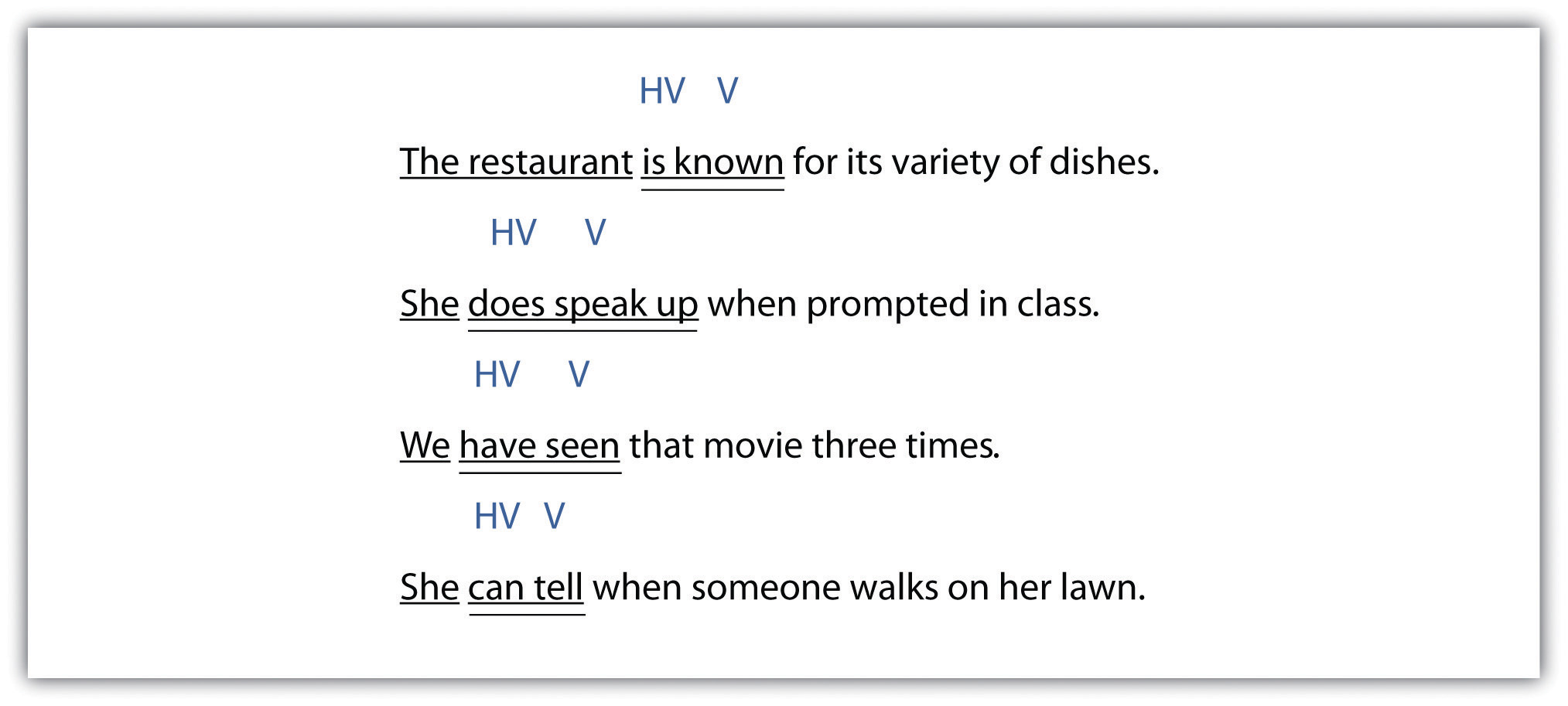Raising an independent and responsible child who shows empathy to others
Wednesday, August 26, 2015
Multiplication as repeated addition
Division (Sharing equally)
Sunday, August 23, 2015
Videos on Simple Past Tense
Tuesday, August 18, 2015
Multiplication as repeated addition
Dear pupils,
You may try to solve the questions at the following website.
http://www.homeschoolmath.net/teaching/md/multiplication-repeated-addition.php
https://www.splashmath.com/math-vocabulary/algebra/repeated-addition
If for any reason, the website is not working, please ignore it. Otherwise you may google for 'repeated addition' online.
Thank you.
Cheers,
Mrs Yang
You may try to solve the questions at the following website.
http://www.homeschoolmath.net/teaching/md/multiplication-repeated-addition.php
https://www.splashmath.com/math-vocabulary/algebra/repeated-addition
If for any reason, the website is not working, please ignore it. Otherwise you may google for 'repeated addition' online.
Thank you.
Cheers,
Mrs Yang
Multiplication as repeated addition
Here we have five groups, and each group has two elephants.
5 × 2 = 10
| ||||||||||||||||||||
Here there are three groups, and each group has four dogs.
3 × 4 = 12
|
Helping verbs



Videos on helping verb and main verb
Monday, August 17, 2015
Online work
Dear pupils,
Please log on to mconline.com.sg to assess your online work.
Thank you.
Cheers,
Mrs Yang
Please log on to mconline.com.sg to assess your online work.
Thank you.
Cheers,
Mrs Yang
English AA
Dear pupils,
Please note that you have an English AA (Review) next week (week 9)
Please revise your work.
Thank you.
Cheers,
Mrs Yang
Please note that you have an English AA (Review) next week (week 9)
Please revise your work.
Thank you.
Cheers,
Mrs Yang
Multiplcation as repeated addition
\
Labels:
Maths,
multiplication,
repeated addition,
video
Thursday, August 13, 2015
NLB suggested reads for chidlren
Dear parents,
Please take a look at the reocmmended books for the children by NLB.
https://www.nlb.gov.sg/Browse/ForChildren/Primary1.aspx
https://www.nlb.gov.sg/Browse/ForChildren/Primary2.aspx
https://www.nlb.gov.sg/Browse/ForChildren/OurSingapore!(7-12yearsold).aspx
https://www.nlb.gov.sg/Browse/ForChildren.aspx
Please do bring your child to the library to borrow books. Reading will help your child.




Please take a look at the reocmmended books for the children by NLB.
https://www.nlb.gov.sg/Browse/ForChildren/Primary1.aspx
https://www.nlb.gov.sg/Browse/ForChildren/Primary2.aspx
https://www.nlb.gov.sg/Browse/ForChildren/OurSingapore!(7-12yearsold).aspx
https://www.nlb.gov.sg/Browse/ForChildren.aspx
Please do bring your child to the library to borrow books. Reading will help your child.




Labels:
English,
NLB,
reading,
recommended books,
website
Friday, August 7, 2015
Playing with base ten set for Mathematics


Fixing up their lego




Wednesday, August 5, 2015
Preposition songs
Labels:
English,
grammar,
preposition,
prepositions song,
video
Monday, August 3, 2015
Tips for parents
How Parents Can Support Their Children In The Learning Of English
In primary school, your child will be taught how to listen to, speak, read and write English through a variety of activities and lessons. Strategies for English Language Learning and Reading, or STELLAR, is a programme for helping Singapore children improve their language and learning through highly interesting materials and activities. As a parent, you can aid your child’s progress in English by creating a home environment that constantly offers opportunities for learning. Here are some tips on how to create such an environment:
- Talk to your child and encourage his/her self-expression. Listen closely to what he/she has to say, respond to questions and ideas, and you will boost your child’s confidence in expressing himself/herself.
- Read with your child as often as you can, and encourage his/her questions. You can also lead him/her to think about the story by discussing the plot, characters or themes.
- Write with your child, as self-expression can often bloom in this way.
- Play games that bring out the beauty and the fun aspects of language. These games may be simple, but they can help your child gain a life-long appreciation of language.
Tips to support your child’s learning of Mathematics
Did you know? Your presence and involvement in the learning process will both encourage and support your child in his/her learning? Some everyday activities that you and your child can do as a family can prepare and support your child’s learning of lower primary-level Mathematics.
Here are the following tips:
Here are the following tips:
Create a homework routine
Work out a study timetable with your child, and guide him/her to set priorities. Encourage him/her to complete his homework daily – your support and supervision will help your child work towards his/her academic goals.
Focus on effort, not mistakes
As a parent, you can help make learning a truly educational experience, rather than a stressful one. Let your child know that you recognise the effort he/she is putting into the assignments. When it comes to mistakes, you can check if your child knows where and why he/she has gone wrong and help him/her if you can. Your encouragement can also instil in your child the confidence to seek help from his/her teachers.
- Play Mathematics Games [Read more...]
- Read Storybooks Relating to Mathematics with Your Child [Read more...]
- Relate Maths to Everyday Life Situation [Read more...]
Labels:
English,
Maths,
support for child,
tips for parents
Sunday, August 2, 2015
Term 3 Week 7
Term 3 Week & : Maths AA (Numbers to 40, Addition to 40, Subtraction to 40)
Term 3 Week 9: English Review
Term 3 Week 9: English Review
Subscribe to:
Posts (Atom)



